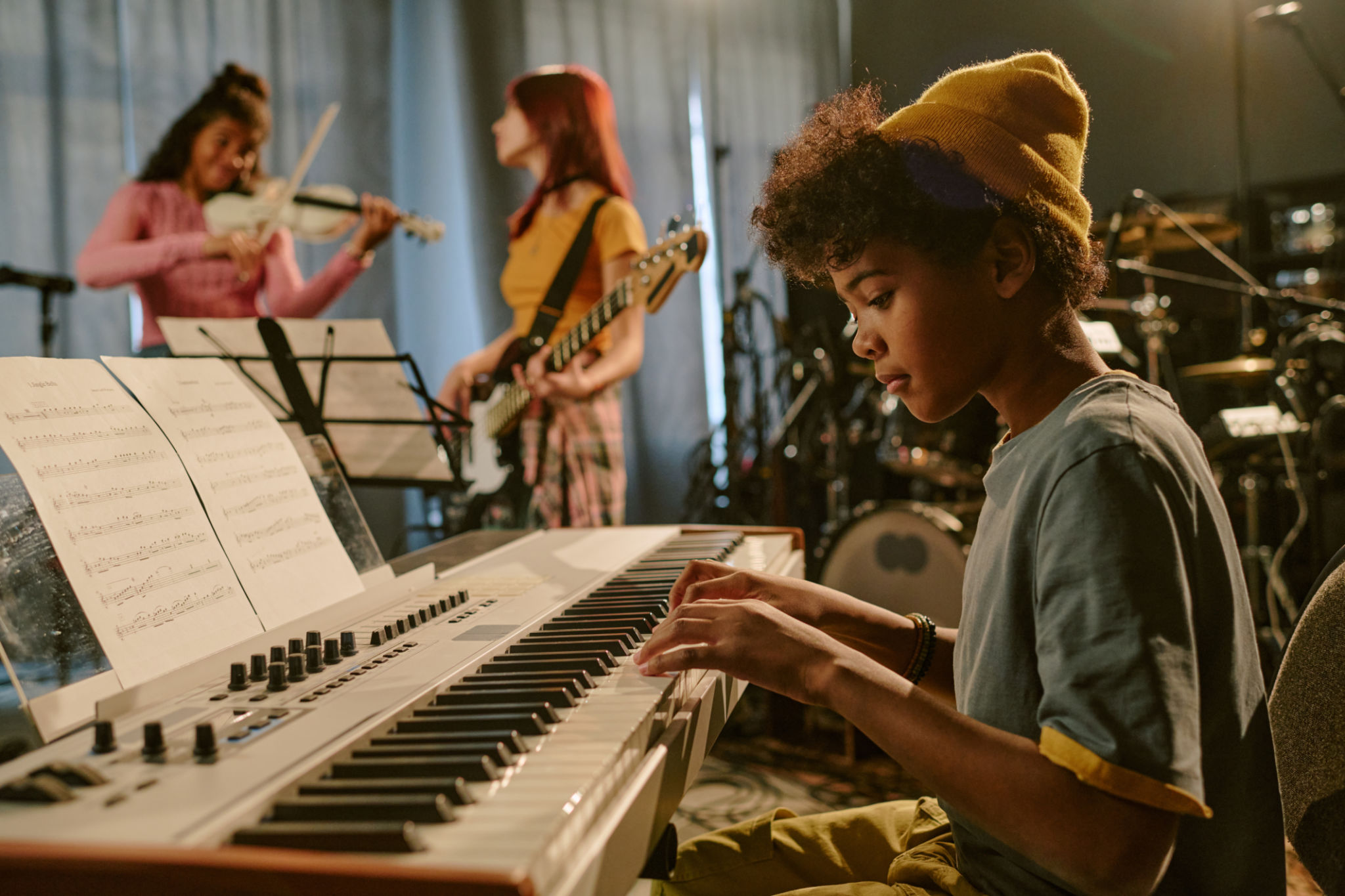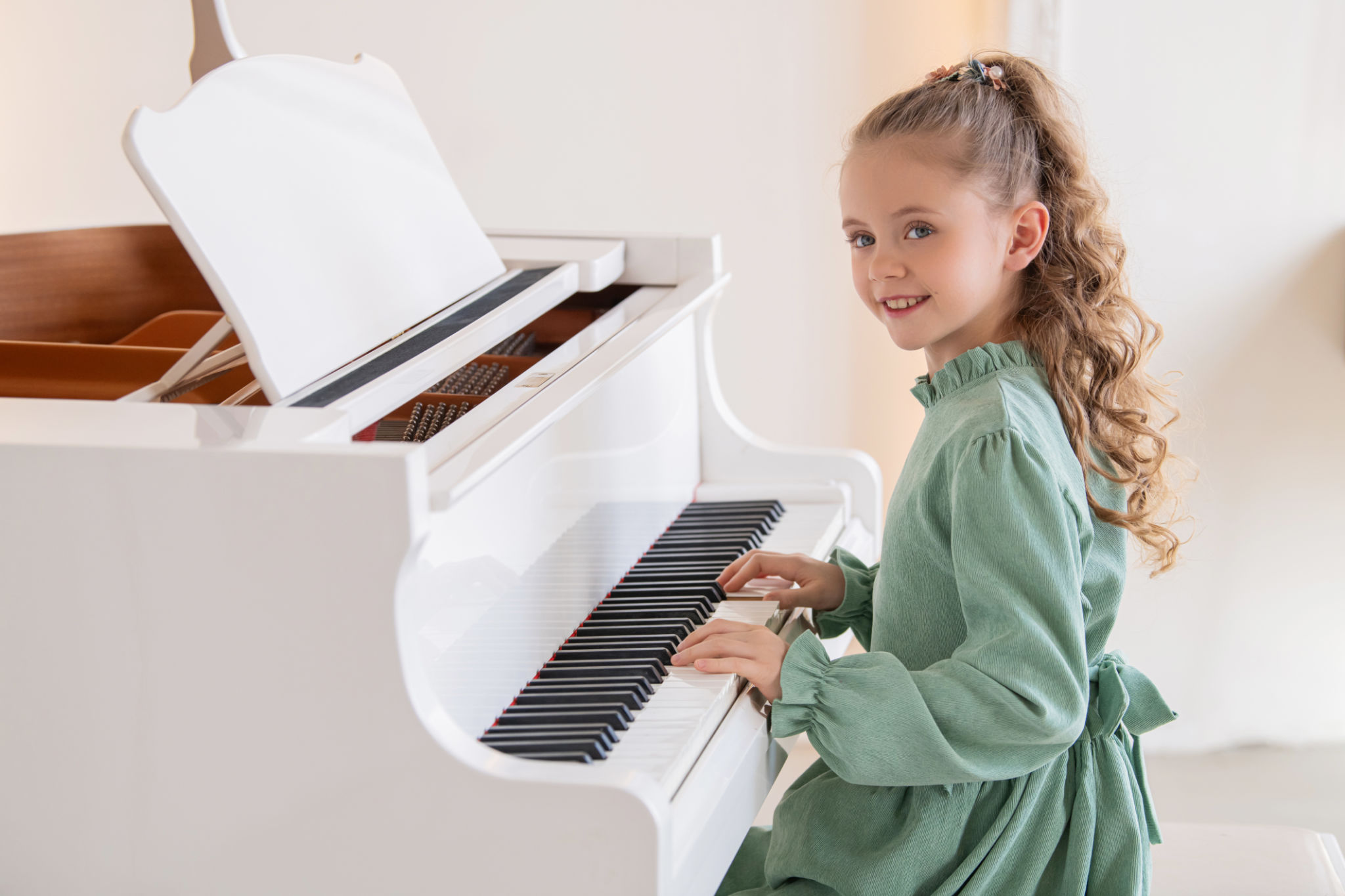How Piano Lessons Can Boost Cognitive Development in Children
The Connection Between Music and Cognitive Development
Music has long been celebrated for its ability to inspire and entertain, but did you know that it also plays a crucial role in cognitive development? For children, learning to play an instrument like the piano can have profound effects on their brain development, enhancing memory, attention, and even problem-solving skills. This article explores how piano lessons can boost cognitive development in children and why parents should consider enrolling their kids in music classes.
The act of learning to play the piano involves multiple brain functions, including auditory, visual, and motor skills. This multi-sensory experience helps strengthen neural connections, promoting brain plasticity and enhancing overall cognitive abilities. As children practice piano, they engage in activities that require them to read music, interpret notes, and coordinate their hands, which can lead to improved cognitive function across various domains.

Enhancing Memory and Concentration
Piano lessons can significantly enhance a child’s memory and concentration. Playing the piano requires memorizing complex pieces of music and concentrating for extended periods. This practice helps develop both short-term and long-term memory skills. Children learn to focus on multiple elements simultaneously, such as rhythm, pitch, and tempo, which can translate to better concentration in academic settings.
Moreover, the discipline of regular practice instills a sense of perseverance and patience. As children work through challenging pieces and gradually improve, they learn the value of dedication and hard work. This mindset can positively influence their approach to other tasks in life, from schoolwork to personal projects.

Boosting Problem-Solving Skills
Learning to play the piano also fosters problem-solving skills. Children must analyze musical compositions, understand patterns, and make decisions on how best to express the music through their playing. This analytical process encourages critical thinking and decision-making, skills that are essential for academic success and personal growth.
Additionally, overcoming mistakes during practice sessions teaches resilience and adaptability. Children learn to view errors as opportunities for growth rather than setbacks. This positive attitude towards problem-solving can greatly benefit them as they face various challenges in their educational journey.

Improving Language and Mathematical Abilities
Interestingly, piano lessons can also enhance language and mathematical abilities. The process of reading sheet music involves recognizing patterns and sequences, skills that are closely related to math. Studies have shown that children who play an instrument often perform better in mathematical tasks due to this enhanced pattern recognition ability.
In terms of language development, music education has been linked to improved verbal memory and reading comprehension. The auditory discrimination skills honed through music are critical for phonological awareness, which is a fundamental component of language learning.
A Lifelong Appreciation for Music
Beyond cognitive development, piano lessons instill a lifelong appreciation for music. Children who learn to play an instrument often develop a deeper understanding and love for music that lasts a lifetime. This appreciation can enrich their cultural experiences and provide a creative outlet for self-expression.
The joy of creating music can also have emotional benefits, fostering a sense of accomplishment and boosting self-esteem. As children progress in their musical journey, they gain confidence in their abilities and learn to express themselves through the universal language of music.

Conclusion
In conclusion, enrolling children in piano lessons offers numerous cognitive benefits that extend beyond musical proficiency. From enhancing memory and concentration to boosting problem-solving skills and improving language and mathematical abilities, the advantages of learning the piano are vast and varied. Encouraging children to explore music can pave the way for both academic success and personal fulfillment.
Parents seeking to nurture their child's cognitive development should consider the profound impact that piano lessons can have. By investing in music education, they are providing their children with tools that will benefit them throughout their lives.
